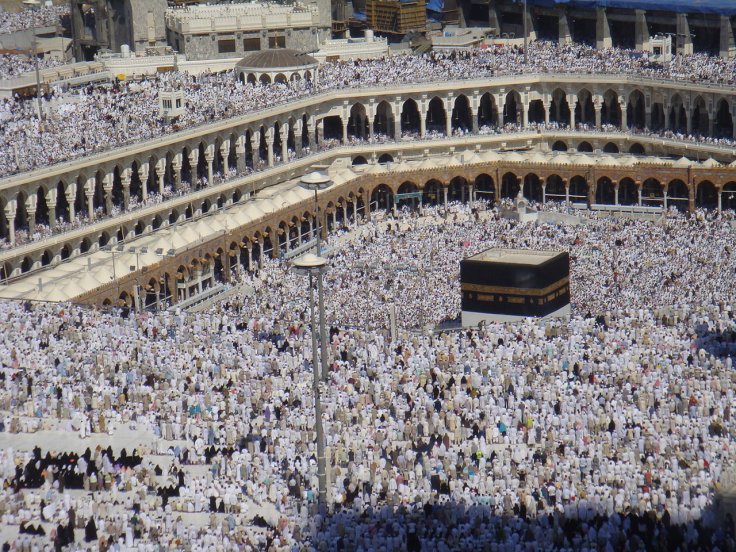In the wake of the ongoing coronavirus pandemic, Saudi Arabia's Grand Mufti, the highest religious authority in the kingdom has announced on Friday, April 16 that all prayers during the Muslim holy month of Ramadan and the subsequent Eid-al-Fitr festival should be performed at home if the virus doesn't end.
The kingdom had recently announced the suspension of the special nightly Taraweeh prayers in mosques across the kingdom and asked people to perform them at home.
Saudi suspends Ramadan prayers

"Ramadan's Taraweeh [evening] prayer can be performed at home if it cannot be performed at mosques due to the preventive measures taken to fight the spread of coronavirus," Saudi Arabia's Okaz newspaper quoted Grand Mufti Sheikh Abdulaziz al-Sheikh as saying in response to a question regarding Ramadan. The Grand Mufti also added that the same applied to Eid prayers as well.
No Iftar meals for the needy at Medina
Meanwhile, on Thursday, April 16, the Al-Masjid an-Nabawi or the Prophet Muhammad mosque in Medina announced that it was banning all events which dispense evening meals to those in need to break their daily fast (Iftar) during the month of Ramadan.
The holy month of Ramadan during the pandemic
The Muslim holy month of Ramadan begins April 23 next week and during the months Muslims across the globe keep fast from dawn to dusk and abstain from all vices. Muslims also religiously perform the obligatory daily prayers which are to be prayed at five different times daily, along with the special night prayers called Taraweeh which are performed after the evening Isha prayer.
Previously, the Saudi Ministry of Islamic Affairs, Dawah and Guidance announced that the Taraweeh prayers this year will be performed at home as the suspension of prayers at mosques across the kingdom won't be lifted as long as the coronavirus doesn't end.
"The suspension of performing the five daily prayers at mosques is more important than the suspension of Taraweeh prayers. We ask Allah the Almighty to accept Taraweeh prayers whether held at mosques, or homes, which we think is better for people's health. We ask Allah the Almighty to accept prayers from all of us and protect humanity from this epidemic that hit the entire world," Dr Abdul Latif Al Sheikh, Saudi Minister of Islamic Affairs said.
Not more than six people at funeral prayers
The minister also clarified that funeral prayers were to be attended by only five to six people or relatives from the deceased's family, in keeping with the precautionary instructions by the kingdom's Ministry of Health prohibiting large gatherings.
He also confirmed that funeral prayers were not greater than the obligatory five daily prayers and that they can be performed individually since it is more important to make sure that there shouldn't be a large number of people crowding the same place as that would lead to a greater risk of possible transmission of the COVID-19 virus.
Saudi Arabia's coronavirus measures
Meanwhile, the Kingdom of Saudi Arabia has been taking a lot of strict measures to curb the spread of the COVID-19 pandemic in the country. As part of its efforts, the kingdom stopped public from performing their five daily prayers and attending the weekly Friday sermon and subsequent prayer inside mosques since mid-March.
The kingdom also halted all international and commercial flights and restricted internal movements within the country. It has also sealed off all the major cities including capital Riyadh, Tabuk, Dammam, Dhahran and Jeddah along with imposing 24-hour curfews in the holy cities of Mecca and Medina. In the rest of the governorates, the curfews run from 3 pm to 6 pm.
On Sunday, April 12, the Saudi government extended the curfews indefinitely due to the increasing number of coronavirus infections in the country. The curfews were initially set for three weeks. Residents are only allowed to go out of their homes for essential needs such as grocery shopping and for medical and healthcare reasons and violators face jail time and penalties.
Coronavirus numbers in Saudi
The Saudi Ministry of Health has reported 6,380 confirmed cases of COVID-19 infection and 83 deaths as of Friday April 17. The highest among the GCC nations.








